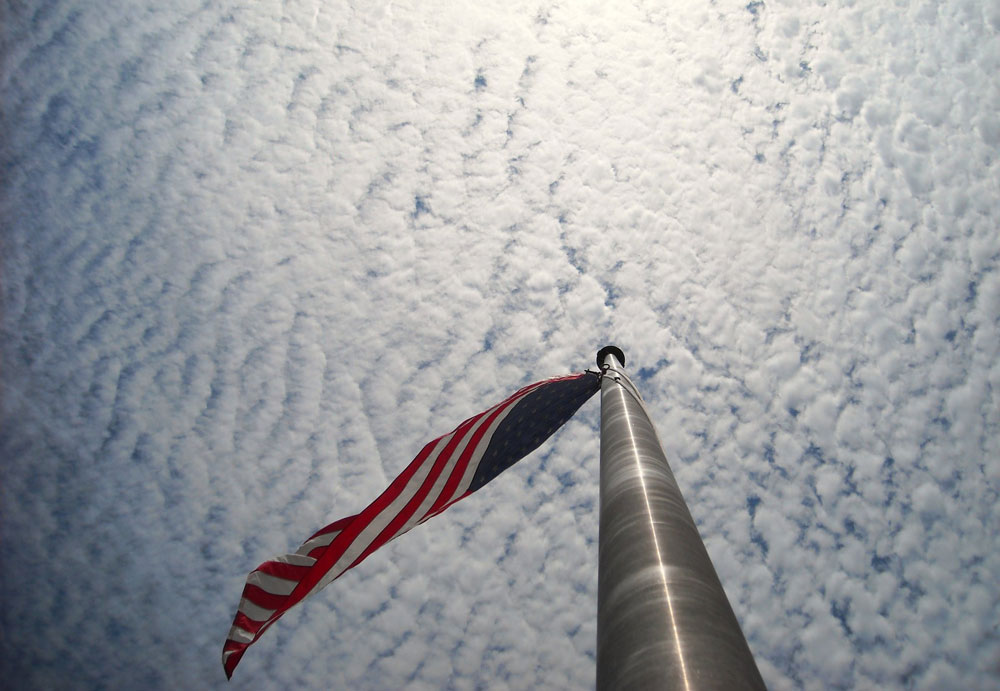
June 10, 2020; Governing
Mississippi ranked 49th in broadband coverage in 2018, according to BroadbandNow. But as NPQ covered, in January 2019, former Governor Phil Bryant signed the Mississippi Broadband Enabling Act, removing a 1942 regulation that prevented electric co-ops from expanding their offerings beyond electrical power.
Back in 2017, NPQ observed that rural electric co-ops were uniquely positioned to close the digital divide in rural America. Now, 18 months after Mississippi surprised observers by rejecting corporate opposition and overwhelming approving legislation that gave a green light to co-op broadband, the effort has progressed surprisingly rapidly, with the first co-op broadband scheduled to come online before the end of this month.
Mississippi’s broadband rush comes not a moment too soon, given the heightened importance of broadband access that has resulted from the COVID-19 pandemic.
Brandon Presley, northern district commissioner of the Mississippi Public Service Commission, was key to the extraordinary grassroots campaign that enabled the impossible—freeing co-ops to offer broadband, which was long blocked by corporate entities—to become the inevitable. As Geoff Pender, writing in the Jackson Clarion-Ledger, explained at the time: “He created a task force that ended up with 1,310 members over 33 counties….he got 60 county boards and 70 city councils to pass resolutions in favor of allowing rural co-ops to provide internet service.”
Now, a second miracle is following the first. Many assumed even after the law passed that little would happen. At NPQ, we noted the path was “still not crystal clear for the nation’s locally rooted infrastructure cooperatives to solve the broadband challenge.”
And yet, as Jed Pressgrove reports in Governing, “Since the bill was approved, nine of Mississippi’s 25 electric co-ops are in the process of building fiber to the home in their coverage areas, while three more co-ops are in the planning stage, and six more have expressed interest in moving forward if the state allocates money for high-speed Internet service from the $1.25 billion the state received” from the CARES stimulus bill. As Pressgrove notes, 18 of 25 co-ops could soon be offering broadband in most of the state.
“No one thought the ball could roll this quickly,” Pressgrove adds.
Presley concurs: “It exceeds my wildest expectations. We had hoped we would have a couple step out there and then have a snowball effect.”
Sign up for our free newsletters
Subscribe to NPQ's newsletters to have our top stories delivered directly to your inbox.
By signing up, you agree to our privacy policy and terms of use, and to receive messages from NPQ and our partners.
Mississippi Farm Bureau Federation President Michael McCormick, whose organization supported the 2019 legislation, illustrates how demand is pushing the effort along. Farmers and ranchers in all 82 counties cite lack of connectivity as a top concern, he notes. McCormick adds that as COVID-19 increases the importance of telemedicine and distance learning, he fears a “mass exodus” could occur in rural Mississippi unless the broadband challenge is met.
McCormick says, “I’ve talked to some real estate guys, and they tell me five or 10 years ago they would never have someone ask if high-speed Internet is available on a property. Now almost everyone asks the question.”
“The idea to electrify rural America through cooperatives was born in Mississippi,” Presley observes. In 1934, the Alcorn County Electric Power Association became the first rural electric co-op in the nation. Presley says he advises any state to consider electric co-ops as the primary vehicle for rural connectivity, as the model “doesn’t put profits over people.”
Keith Hayward is manager of North East Mississippi Electric Power Association (NEMEPA), one of the nine co-ops that are building fiber today in Mississippi, and plans to have high-speed Internet service begin later this month.
NEMEPA aims to build 1,500 miles of fiber over three-and-a-half years for $48 million. The co-op needs a 30 to 35 percent take rate to be successful, which looks feasible. NEMEPA provides electricity to 27,000 locations; 6,000 have already preregistered for the broadband service.
And the cost? For download/upload speed of 100 Mbps, it is $54.95 month. Many Mississippi residents currently pay hundreds of dollars a month to access worse broadband through their cell phones or via satellite services.
Even though COVID-19 has led to heightened demand, not everyone thinks they need the service. However, Hayward believes that will change once the service becomes available, just as occurred when the first electric co-ops came to life.
Hayward also notes a parallel from his personal life. “My dad never wanted a cellphone,” Hayward says, “but before he passed away, his cellphone bill was $400 a month.”—Steve Dubb













